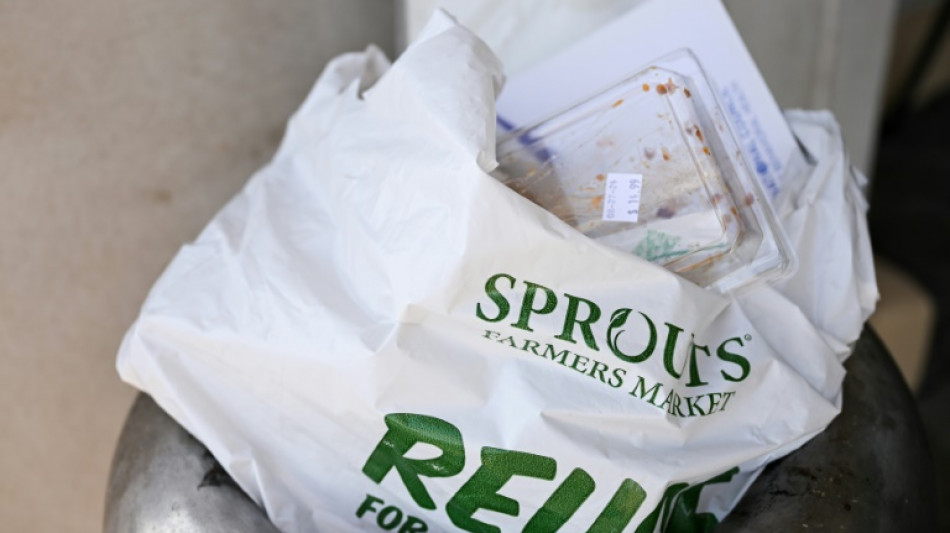
California sues oil giant Exxon over plastic recycling 'myth'

California said Monday it was suing oil giant ExxonMobil over a "decades-long campaign of deception" about plastics recycling that has worsened a global pollution crisis.
In a lengthy lawsuit filed in San Francisco, the state's attorney general said the company had used "slick marketing" to deceive consumers into believing single-use plastics could and would be recycled.
Rob Bonta's suit seeks to force ExxonMobil, a major producer of the polymers used to make plastics, to pay for the clean-up of some of the millions of tons of plastic that pollute land and water, a figure that he told the New York Times could amount to "multiple billions of dollars."
"Plastics are everywhere, from the deepest parts of our oceans, the highest peaks on earth, and even in our bodies, causing irreversible damage -— in ways known and unknown -— to our environment and potentially our health," Bonta said.
"For decades, ExxonMobil has been deceiving the public to convince us that plastic recycling could solve the plastic waste and pollution crisis when they clearly knew this wasn't possible.
"ExxonMobil lied to further its record-breaking profits at the expense of our planet and possibly jeopardizing our health."
ExxonMobil did not immediately respond to an AFP request for comment on Monday.
The lawsuit is the latest in a rash of legal claims against oil and gas companies over a mounting environmental crisis that critics say is due in large part to humanity's unfettered use of carbon-based fuels.
California, along with more than 20 other state and local governments, have sought to hold these enormous firms to account for their role in worsening pollution and global warming that is already affecting our weather patterns.
In a press release accompanying the lawsuit, California's Department of Justice said ExxonMobil knew for decades that the vast majority of plastics its products created could not be recycled, either because the technology did not exist, or because it was not economically viable.
Through a trade group, the company promoted the "chasing arrows" symbol for plastics, convincing consumers that the materials they were buying would go back into the production chain, instead of into landfill.
"In reality, only about five percent of US plastic waste is recycled, and the recycling rate has never exceeded nine percent," the press release said.
The lawsuit alleges that ExxonMobil has recently begun touting so-called "advanced recycling," an umbrella term to describe heat or solvent-based technologies that can theoretically convert certain types of plastic waste into petrochemical feedstock, which can be used to make new plastic.
In reality, 92 percent of plastic treated in this way is not turned into other plastic products, but becomes fuel, the suit says.
"ExxonMobil's 'advanced recycling' program is nothing more than a public relations stunt meant to encourage the public to keep purchasing single-use plastics that are fueling the plastics pollution crisis," the release said.
The lawsuit comes after a more-than two-year investigation into the petrochemical industry by the attorney general's office.
P.Murphy--TNT